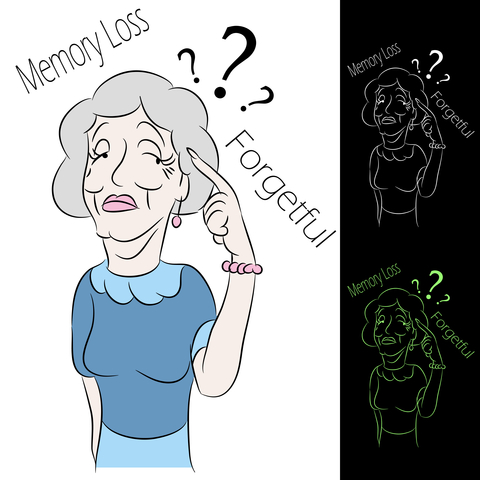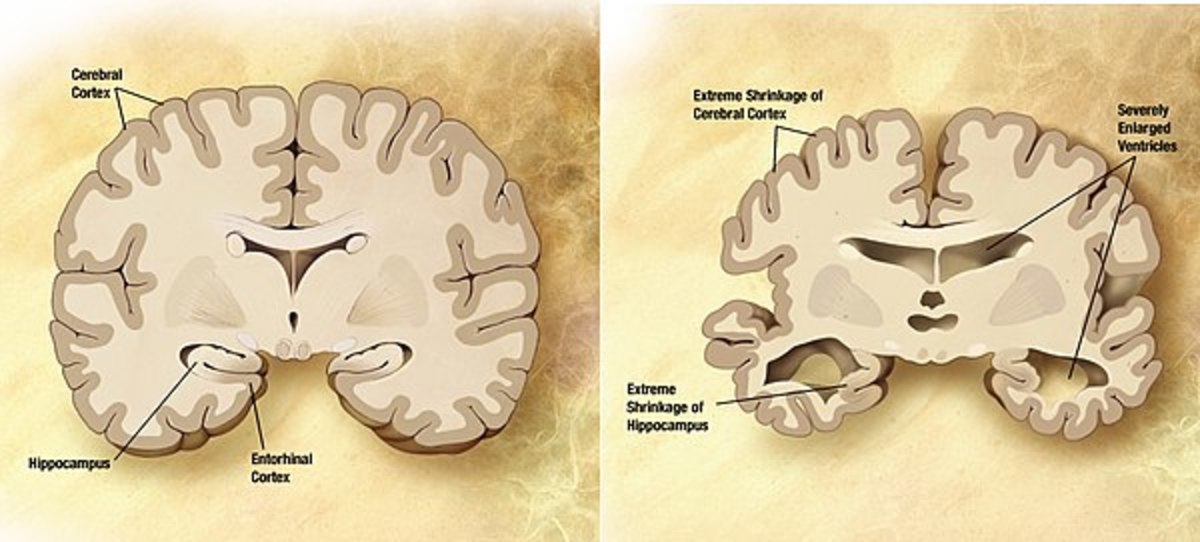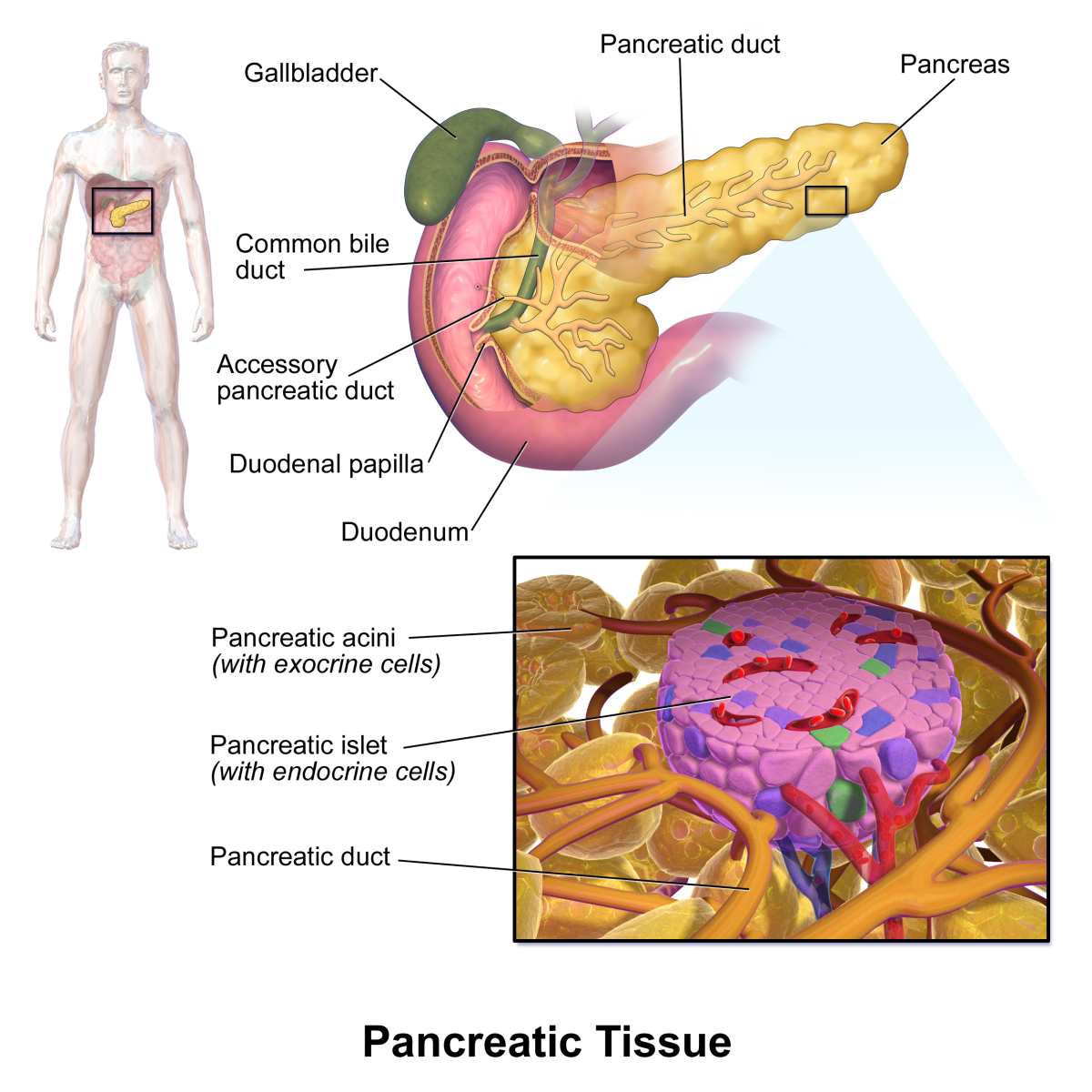Dementia Risk? Keep Your Memory Sharp

By 2050, 14 million Americans could have Alzheimer's Disease, up from 4.7 million estimated to have the memory robbing disease in 2010. The mean time between onset and death is only seven years.
Encouraging new research from the International Conference on Alzheimer's Disease found that ordinary but key lifestyle factors could reduce the risk of Alzheimer's by 25%.
Let's discuss the adjustments to your lifestyle which could slow down the risk of Dementia that some people face.
Vitamin Intake
People with memory problems who took vitamin B12 supplements slowed down the rate of brain shrinkage, which is a component of increased dementia risk.
The RDA of 1.5mg is easy to obtain by eating beef, shellfish and eggs. For vegetarians, soya milk is perfect.
Watch Your Blood Pressure
High blood pressure increases the risk of stroke, but the risk of developing dementia is increased threefold. We know that Alzheimer's is the most common form of dementia, but it is followed by vascular dementia caused by poor blood flow to the brain.
Have your blood pressure checked regularly and talk to your doctor about getting it down if the lower pressure is over 90 and the higher pressure is 145 and above, says Professor June Andrews, director of the Dementia Centre in the United Kingdom.
Some of the best way to reduce blood pressure includes stopping smoking, reducing added salt and processed food, exercising regularly and trying to minimize and keep in check your stress levels.
As your blood delivers nutrients and glucose to your brain, it is important to be treated by your medical practitioner if you have high levels of LDL or bad cholesterol or Type 2 diabetes, both of which increase the damage to small blood vessels and concurrently, your risk factor.
Dementia: Reducing the risk with a healthy lifestyle
Walking - a great exercise
- Fall in Love with Walking
Let me show you how to have a love affair with Walking. I'll show you how to develop a lifelong enjoyment of this form of exercise, which can take you further than just around the block!
Start Walking
Many of us are upping our walking as the evidence accumulates regarding the health benefits of the humble walk.
Alzheimer's disease is a gradual loss of the total number of neurons in the brain. As the body secretes protective chemicals and protein during physical activity, which spark the growth of neurons, it only takes 30 minutes of walking or 20 minutes' of cycling briskly to reap the benefits.
Learning anything that's new to you can help improve the pathways to the different parts of the brain. These may include ballroom dancing, joining a choir, learning a foreign language or musical instrument or playing team sport.
A Brazilian study found that combining aerobic activity with strength training improved learning and memory.
Keep your exercise regular and moderate and take at least one day off a week. Exercise with friends as socializing is also key to lowering the risk of dementia in all its forms.
Savvy about Fats
Your brain is covered in a fat called the myelin sheath, which acts as an insulator to keep electrical impulses traveling correctly along the nerve pathways.
New research published in "Neurology" magazine, states that those who ate a diet high in trans fatty fast food had lower scores on brain tests and more grey matter shrinkage than is typical of Alzheimer's disease.
Therefore, a brain protective diet rich in healthy fats, omega 3s in particular, could have he opposite effect. Eat salmon, mackerel, halibut, sardines or fresh tuna (not tinned) to provide your weekly intake.
Avoid anything with word "hydrogenated" in its ingredients as this means it contains trans fats.
What is Homosysteine?
Homocysteine is an amino acid found in blood and created in response to eating protein. High levels have been associated with heart problems, but strong evidence signifies that high homocysteine levels could result in memory loss, a decrease in cognitive functions and a higher risk of Alzheimer's disease.
One Australian study found that eating folate-rich foods is associated with memory recall, and after five weeks of upping the folate intake, the participants in the study showed overall improvements in memory.
If you have memory problems talk to your doctor about having your homocysteine levels checked. Meanwhile, a diet rich in crucial folate, obtained from green vegetables such as spinach, Kale, asparagus, brussel sprints and broccoli as well as brown rice, peas and oranges. B12 vitamins continue to keep homocysteine levels low.

Waist Measurements
There is increasing evidence that being overweight adds to your risk of developing Alzheimer's or other forms of dementia.
One reason is that too much insulin in the brain, caused by being obese or overweight, may stimulate the build-up of the plaques found in the brains of those who suffer from Alzheimer's.
Other Reasons for a Muddle in the Mind
- Forgetfulness - Not Always Serious
Forgetfulness is not necessarily the forerunner of dementia, Alzheimer's nor part of an age-related mental decline. We look at all sides of forgetfulness from the serious to the funny. - Reasons Why You Cannot Focus - Unmuddle Your Mind
Cannot remember where you put your phone, are struggling to focus or concentrate - a quick look at possible causes for brain fade! - Which eReader is Best - Kindle or iPad?
If you are still thinking about whether or not an EReader is a good idea, read about the pros and cons of the Amazon Kindle and Apple IPad. - How to Keep Busy After Retirement
Advice on what can be done to earn extra income when we retire. Retired, but need help to earn extra money or keep occupied - read on for some ideas!
Brain Exercise
Professor Ian Robertson from Trinity College, Dublin, says "Testing the brain produces new cells and strengthens the connections between them, which fights memory problems in the short term and protects the brain from decline in the long term."
Roman Room Exercise: Write down a list of 10 - 15 random items (perhaps your shopping list). Then think of a room you know well. Memorise the words by putting the items at points around the room.
Now try to recall all the words.
The first time you do this it will be hard as you're recalling the room and the items, but as more brain cells form the easier the exercise gets.
He continues, by saying "studies show that by the time you've played the game for the equivalent of one hour (around 20 times) your brain will be acting ten years younger than before!"
New Research
The Washington University School of Medicine has found that Citalopram, a commonly prescribed antidepressant, may be effective at slowing the onset of Alzheimer's disease.
The problems with cognition and memory loss caused by Alzheimers are strongly influenced by a build up of plaque in the brain.
This particular antidepressant was found to halt the growth of existing plaques, while reducing the formation of new plaques by 78%.
This is indeed great news for those suffering from Alzheimers disease, and for those living with loved ones at the start of the disease.
Unlocking the truth about Demential and Alzheimers - Mensuh Medical - Natural Treatment Options
© 2013 Shelley Watson









